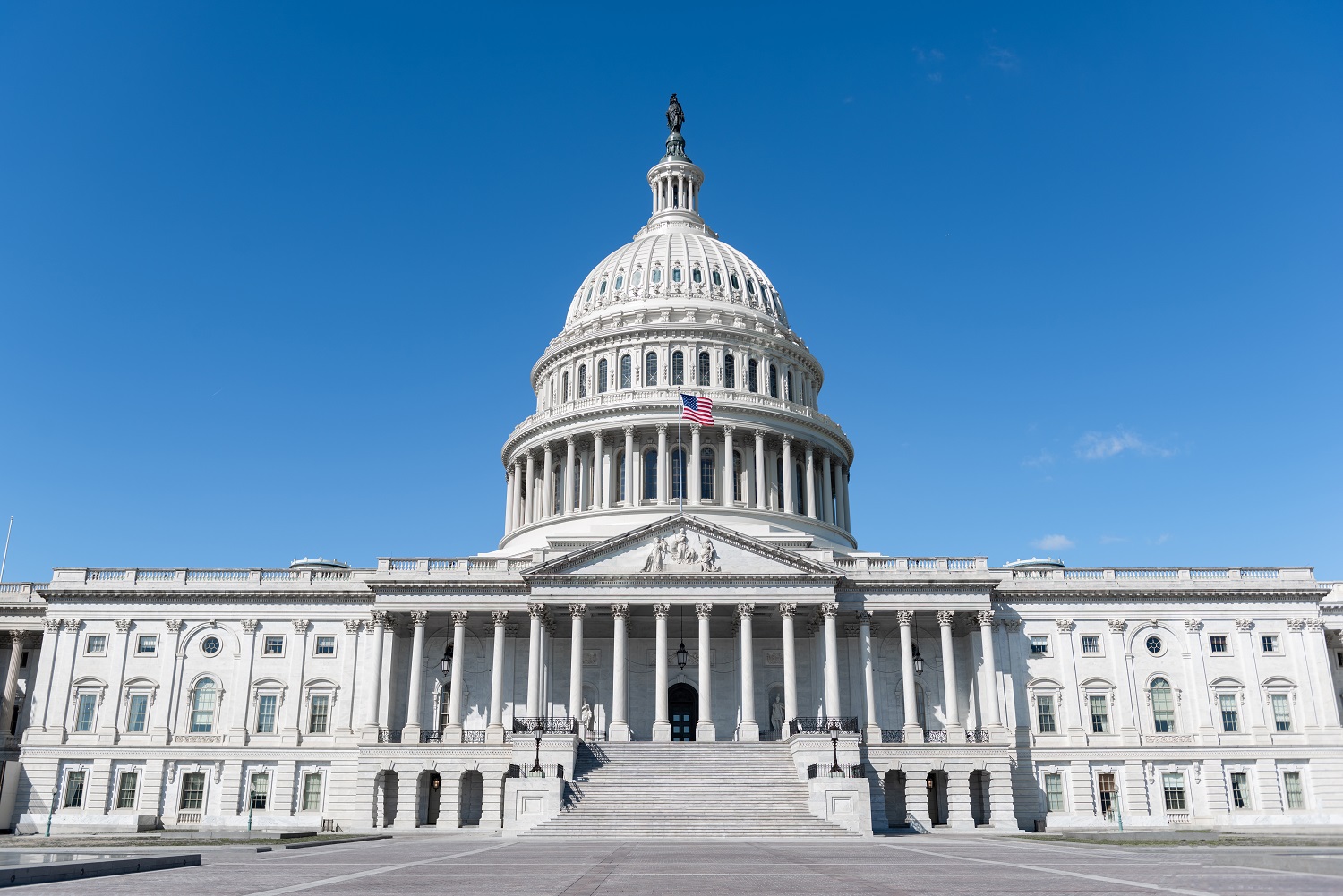After over a year without top political leadership, the Millennium Challenge Corporation (MCC) may soon have a new CEO. Sean Cairncross, the Trump administration’s nominee to take the helm of the agency, has his Senate hearing tomorrow—where we’ll get an early look at his vision for MCC.
Cairncross is a relative unknown in the development community. As some have pointed out, he has virtually no development (or any sort of international) experience. But, in truth, most of MCC’s previous CEOs came to the position with little development experience, so this isn’t a huge break from the past. What Cairncross would bring to MCC is strong ties to the White House and Congress—positioning that could serve the small agency well.
To be truly effective, however, Cairncross must also demonstrate command of the development issues most relevant to MCC’s work. The hearing should provide an initial glimpse into his understanding of the principal challenges facing the agency.
Over the longer term (if confirmed), part of Cairncross’ success in a new field will come from being willing to trust and rely on MCC’s career staff. He should also seek to ensure the agency’s remaining political leadership positions are filled by strong candidates with relevant expertise.
As Cairncross gets up to speed, here are five big issues that should be on the agenda.
A limited pipeline of future partners: MCC works only with countries that meet its good governance criteria. The problem is that this set of countries changes little on an annual basis. Over the past five years, fewer than one new country a year (on average) has passed MCC’s “scorecard.” To date, MCC has had little difficulty forming new partnerships through a combination of newly passing countries and second compacts with previous partners. But these opportunities will become increasingly limited unless the agency eventually pursues third compacts with select partner countries. This is unquestionably the right way for the agency to go, as I outlined here. But it could prove a tough political sell. How will MCC’s new CEO approach the pipeline constraint, and will he be willing to push for a potentially politically unpopular but ultimately critical approach?
The potential for new regional authority: Congress may grant MCC new authorities, which would enable the agency to undertake regional programming. This would be a welcome step for MCC. Many important constraints to growth are cross-border in nature, and MCC’s bilateral focus has prevented it from taking advantage of potentially high-return regional opportunities, even though the agency often invests in sectors—like infrastructure or energy—with an inherent regional component. That said, regional programs are more complex, riskier, and take longer to put together. If granted the necessary authorities, will MCC’s new CEO commit to proceeding in a limited way at first, allowing the agency to identify risks, manage them, and learn as it goes?
The need to mobilize private capital: Donor agencies around the world are increasingly seeking to use their foreign assistance funds to mobilize private capital in pursuit of development objectives. As a growth-focused agency, this has always been one of MCC’s goals; the question has been how to do it better. In what ways will the new CEO seek to position MCC as a leader in mobilizing private finance for development? And what risks must MCC manage in pursuit of this goal?
A continued focus on results: Over the course of its 14-year history, MCC has been at the forefront of US government thinking on development results. It remains the only agency to systematically—and largely transparently—apply a range of results tools to its entire portfolio of country compacts, from program development to ex-post evaluation. The agency has also made commendable efforts to demonstrate how it takes lessons that emerge from its results processes and applies them to future programming. How will the new CEO ensure MCC continues to lead—and innovate—with respect to its focus on results?
The need to use data wisely: MCC eligibility centers on countries’ performance on a set of indicators designed to measure various facets of good governance. The trick is, governance quality can be hard to measure with precision. Particularly challenging is understanding how indicators capture (or more often don’t capture) changes in governance over a short period of time. This is something MCC is keen to track for its existing partners since backsliding may be grounds for reevaluating—and sometimes terminating—the partnership. The indicators don’t always track this well, however. And unfortunately, when imprecise data are interpreted too rigidly, it can lead—and has led—to poor decisions that resulted in cutting off, slowing, or downgrading existing partnerships on the basis of data noise rather than an actual decline in governance quality. Will the new CEO recognize that key to making smart, evidence-based decisions is knowing your data, including its limitations? Will he use his position to steer the agency (and its board of directors) toward nuanced, rational use of data in decisions about continuing eligibility for existing partners?
I don’t expect the hearing will touch on all of these areas—a number of them are fairly weedy. If Cairncross is confirmed, however, I’ll be watching for how he steers the agency on these difficult issues from the helm of MCC.
CGD blog posts reflect the views of the authors, drawing on prior research and experience in their areas of expertise.
CGD is a nonpartisan, independent organization and does not take institutional positions.





